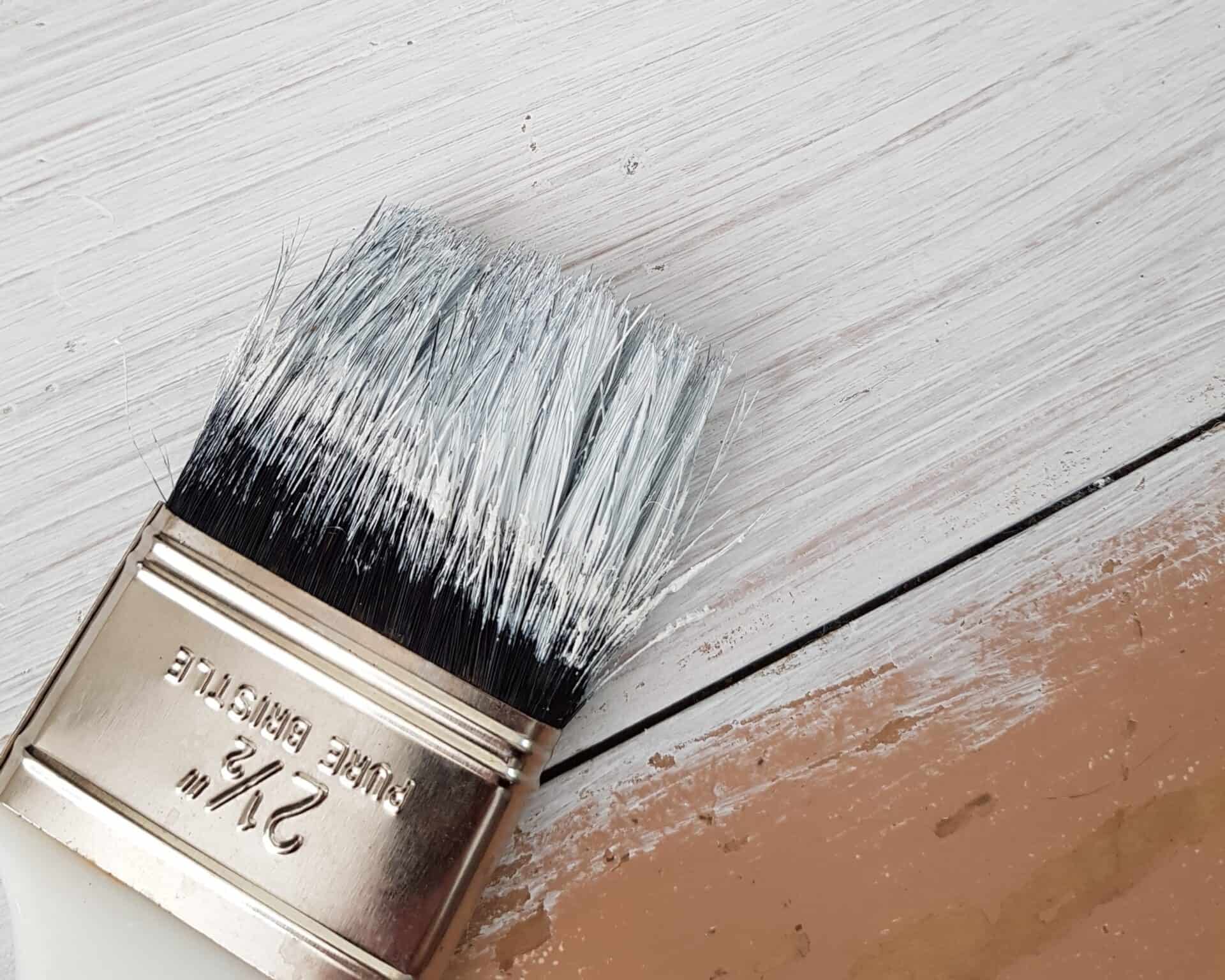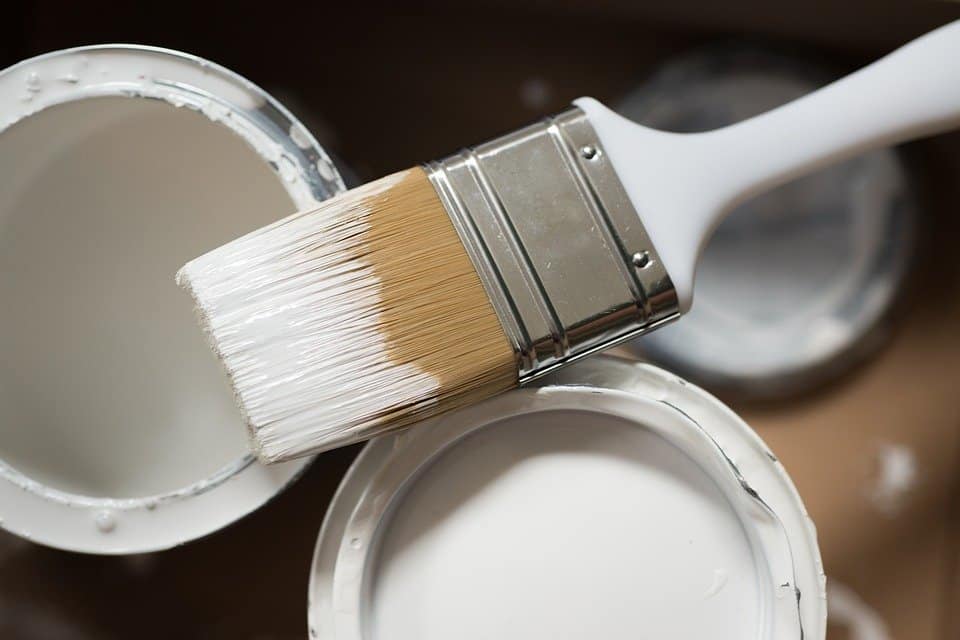In case you are still having a hard time deciding whether to repair or replace a washing machine, below are some essential considerations that you should make. For instance, let us take a look at the conventional cost of professional repair services and compare it with the cost of purchasing a new washing machine.
Once again, this will depend with the age of your washing machine. It will be more reasonable to have it repaired if it is new, especially in case you are satisfied with its performance. However, for washer that is older than 7 years, the cost of acquiring a new washer will be cheaper compared to servicing it. Furthermore, you will be able to have newer models that are effective in using less water and energy.
Still, here are some indications you should look for to know when to replace your washing machine.
1. Inefficiency
This is another factor that needs to be taken into account when making a decision whether to keep your current washer or discard it. Besides this, you also have to consider the cost of running the washer for the time that is likely to be taken by the washer before it will be time to replace it in terms of energy, water and detergents.
For instance, newer models have characteristics that are more efficient than the traditional consumer washers. Therefore, you will see washing machines that are labelled Energy Star to show that they use less water and energy. Also, the letters “HE” next to the washer indicate that it has a high efficiency rate.
The efficiency of the washing machine will also be determined by the type of the washing machine. For instance, front-loading machines are said to be more economical in their use of detergent and water than the top-loading washers. However, they are more costly than the conventional washers implying that there should be a consideration of the number of times the washer would be used per week.
2. Leaking
Leaking is among the signs that your beloved washing machine is on its last legs. However, before jumping to this conclusion, it is important to check the culprit causing the leakage. This could be a crack in the hoses or a loose connection.
Overfilling the cycle loads without leaving room for shaking, spinning and turning could result in leakage. If this is is the case, controlling the leakage will be an easy fix and your washer will be good for a while longer.
Unfortunately, a cracked tub could be the reason your washer is always leaking. Seeing as this will call for a major and expensive fix, you will be better off getting a new washer, especially if you’ve had the older one for a while.
3. Noise
Excessive noise from your washer is another indicator that needs to be replaced. The turbulent noise could result from overloading the washing machine or using the wrong setting. If you have confirmed these two and the noise is still there, check if the washer is on a level surface.
An unbalanced washer could result in noise. Therefore, level it out by putting something under one of the feet. Additionally, you could stop the cycle and readjust the laundry load to ensure that the clothes are evenly distributed.
If the turbulent noise persists, call a professional and insist on getting a price estimate before committing to the repairs. The chances are that your washing machine is experiencing issues with the drum or motor mount. Since these parts are expensive to repair, it will be prudent to replace the washer.
4. Movement
If you notice any movement when your load is on, this could be a sign that you need to ditch your old washer. Ideally, the washer should remain still when cleaning, spinning and rinsing your clothes. But, first, be sure to check that it is on a level surface.
Washing machines with excessive movement are likely to pull themselves out of the connecting plug or slosh water outside the unit. So if you have had the washer for a long period, it may be time to say goodbye.
5. Tub Doesn’t Fill Up
A tub or drum that doesn’t fill up with water could result from a delay in the start or a problem with the cycle. If you have checked to confirm that there are no blockages in the hose blocking or turning off the water, call a professional repair to get his opinion. If the repair costs are high or close to the cost of getting a new model, it’s time to bring a new appliance home.
6. Expensive Repairs
Washing machine repairs can be expensive. However, if you have done more than one repair on your unit, it only makes sense to go for newer models than more repairs. In addition, unless you can do the repairs yourself, going for a new machine will ensure that you get quality and efficiency.
How To Ensure Your Washing Machine Last Longer

Caring for your washing machine helps extend its longevity. While you do not need to do much maintenance, there are a few tips that will make a big difference and ensure your washer lasts longer. These include:
1. Do Not Overload
Overloading your washing machine strains the interior and the motor, prompting it to start failing early. Conversely, underfilling your washer wastes time and energy on a cycle. For this reason, it’s best to stick to the maximum recommended load by the manufacturer. Doing so ensures that you’re getting the most out of your washer while saving time and energy.
2. Check the Hoses
Another important tip that can help in prolonging the life of your washing appliance is to check the hoses frequently. Thus, they are confident that their fittings are secure and that there are no cracks and bulges on the hoses. Lastly, ensure that there is adequate space to accommodate behind the washer for the hoses in order to avoid cracking early.
3. Don’t Use Too Much Detergent
Using too much detergent will not clean your clothes any better. Instead, it acts as a lubricant and prevents your clothes from getting clean. In the long run, this damages your machine and reduces its lifespan.
4. Maintenance Washing
A monthly maintenance wash ensures that your washer is functioning optimally. To do this wash, you need to add 1/2 cup of detergent or bleach and run the full cycle between 140 °F and 194 °F with no clothes. In addition, you can use 2 cups of vinegar in place of the detergent. After the cycle is complete, your washer should smell new.
5. Clean the Interior
Although the washing machine’s interior looks clean, dirt and grime may be present in the rubber seals and hoses. For this reason, it’s important to regularly clean the interior to remove dirt and mineral deposits from detergents, clothes and hard water. In turn, removing this buildup before it becomes a big problem helps enhance the appliance’s efficiency.
6. Level the Washer
Leveling the washers helps prevent any movement when in use. The combination of vibrations, a spinning drum and an unbalanced machine can cause the washer to move during a cycle. This is damaging to the appliance and risky for the things around it.
7. Empty the Tub
Removing clean clothes after the cycle is done will help prevent mold from growing in the tub. In turn, this will extend the longevity of your washer.
8. Leave the Door Open
One has to ensure that the door of the washing machine is opened after washing one or seven loads of clothes in order to maintain the machine. This way, there is no chance for some smells to stay and develop over time. Also, one can recommend that one should clean the door after washing it as well.
















